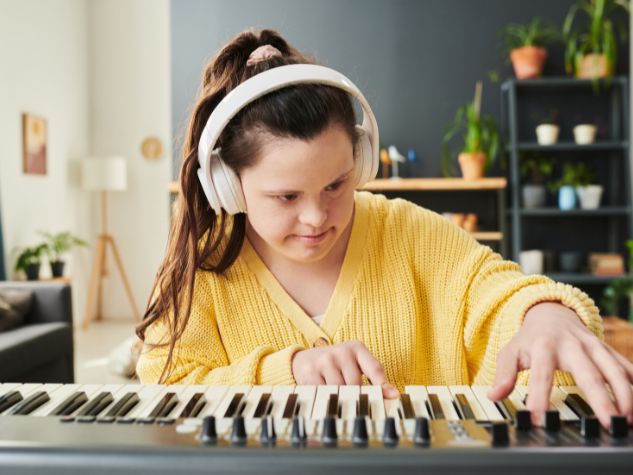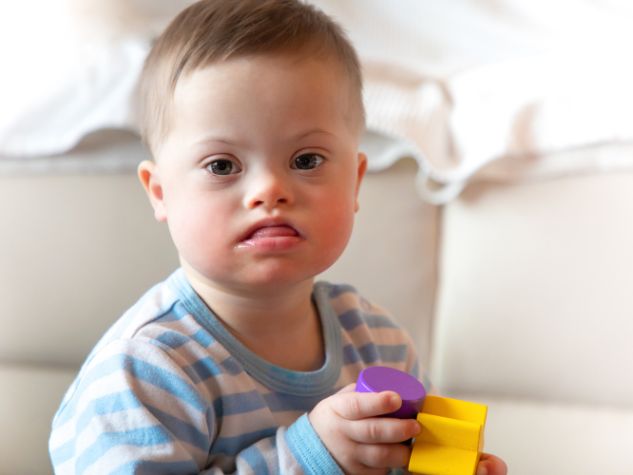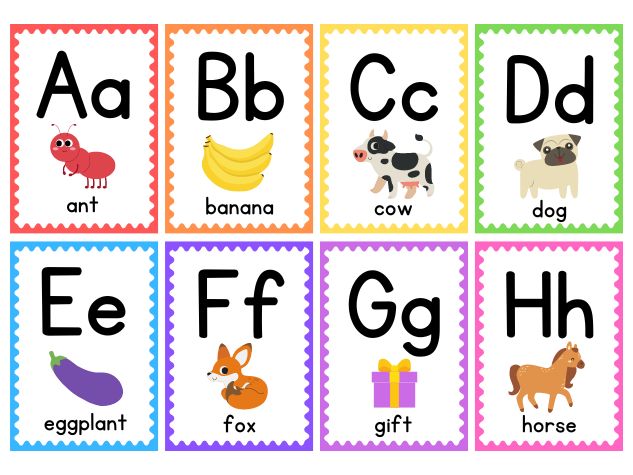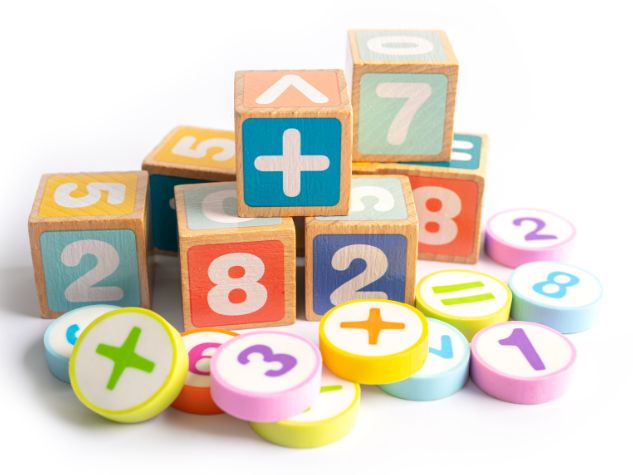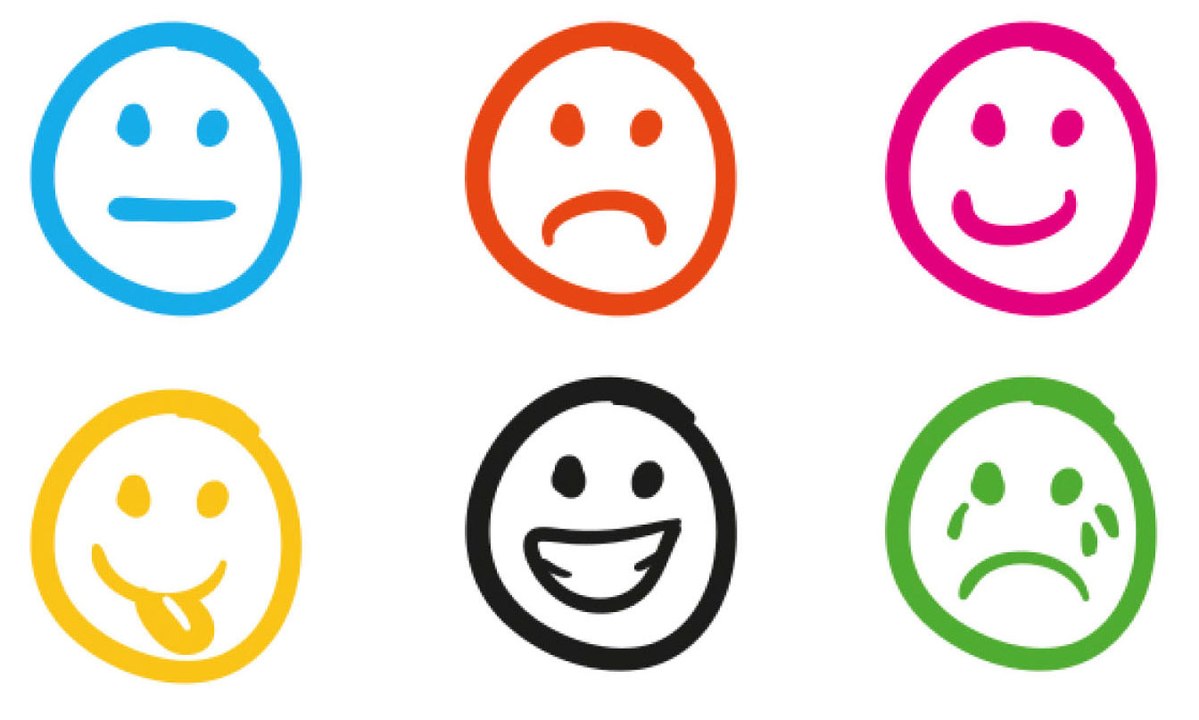The Benefits of Learning Music for People with Down Syndrome
Music is a universal language that has the power to unite people, transcend barriers, and provide a means for self-expression and communication. For people with Down syndrome, learning music is not only a source of enjoyment but also offers a multitude of benefits that span cognitive, emotional, social, and physical development. In this post, we will explore in-depth how music can transform the lives of people with Down syndrome and why it is an essential tool in their overall development.
Cognitive and Learning Benefits
Brain Stimulation
Music is a complex form of stimulus that engages multiple areas of the brain. Listening to, performing, or creating music activates regions responsible for auditory processing, memory, motor skills, and emotion. For people with Down syndrome, this stimulation can be particularly beneficial in enhancing general cognitive abilities.
Improvement in Language and Communication
Music learning is closely linked to language development. Singing songs and learning rhymes can help improve verbal memory, vocabulary, and the ability to form complete sentences. Additionally, singing and practicing instruments that require mouth use, such as the flute or trumpet, can strengthen the muscles used in speech articulation, thus improving pronunciation and clarity.
Memory Reinforcement
Music can serve as a powerful tool for memory reinforcement. Repetitive melodies and rhythms facilitate the memorization of sequences and patterns, which can help enhance short-term and long-term memory. This benefit is particularly useful in educational settings, where using songs can make learning academic concepts easier.
Social and Emotional Benefits
Social Inclusion
Music is inherently a social activity. Joining a choir, band, or music classes provides people with Down syndrome opportunities to interact with their peers and establish meaningful connections. Music can act as a bridge that facilitates social inclusion and integration, promoting a sense of belonging and community.
Boosting Self-Esteem
Learning to play an instrument or participating in a musical performance can significantly boost self-esteem and self-confidence. Musical achievements, whether small or large, provide a sense of accomplishment and personal pride. Witnessing progress and receiving recognition for their skills can have a lasting positive impact on a person’s self-image.
Emotional Expression
Music offers a unique avenue for emotional expression. People with Down syndrome may find in music a way to express their feelings and emotions, which is especially beneficial if they have difficulties doing so verbally. Through music, they can explore and communicate their emotions in a safe and creative manner.
Physical Benefits
Motor Coordination
Playing a musical instrument requires fine and gross motor coordination. For example, learning to play the piano or guitar involves precise finger movements, while playing drums or dancing to music improves overall body coordination. These activities can help develop motor skills that are crucial for other daily activities.
Improved Breathing and Postural Control
Singing and playing wind instruments, such as the flute or clarinet, can improve lung capacity and breathing control. Additionally, maintaining proper posture while playing certain instruments can strengthen postural muscles and contribute to overall physical health.
Music Therapy and Special Music Education
Music Therapy
Music therapy is a discipline that uses music to achieve specific therapeutic goals, such as improving communication skills, motor function, and emotional well-being. Music therapists are trained to work with people with Down syndrome, using personalized musical interventions to address their individual needs. Music therapy can include activities such as singing, playing instruments, listening to music, and moving to the rhythm, each designed to promote specific therapeutic goals.
Adapted Music Programs
There are numerous music programs specifically adapted for people with special needs, including Down syndrome. These programs are designed to be inclusive and accessible, using teaching methods tailored to the individual capabilities and needs of each student. Music educators with experience in special education can adjust their teaching methods to maximize the benefit and enjoyment of music for each learner.
Success Stories and Testimonials
Inspiration and Real Examples
Success stories of people with Down syndrome who have found joy and development through music are inspiring. It is not uncommon to find talented musicians with Down syndrome who have participated in concerts, recordings, and music competitions. These testimonials highlight not only their talent and passion for music but also the positive impact that learning music can have on their daily lives.
Music is a powerful tool that can transform the lives of people with Down syndrome. From cognitive stimulation and language development to boosting self-esteem and social inclusion, the benefits of learning music are vast and profound. Including music in the education and therapy of people with Down syndrome can significantly enhance their quality of life and help them reach their full potential.
In summary, learning music not only provides a source of enjoyment and entertainment but also offers a wide range of cognitive, social, emotional, and physical benefits. Music has the power to open new doors and opportunities, providing people with Down syndrome a valuable tool for their overall development and well-being.
